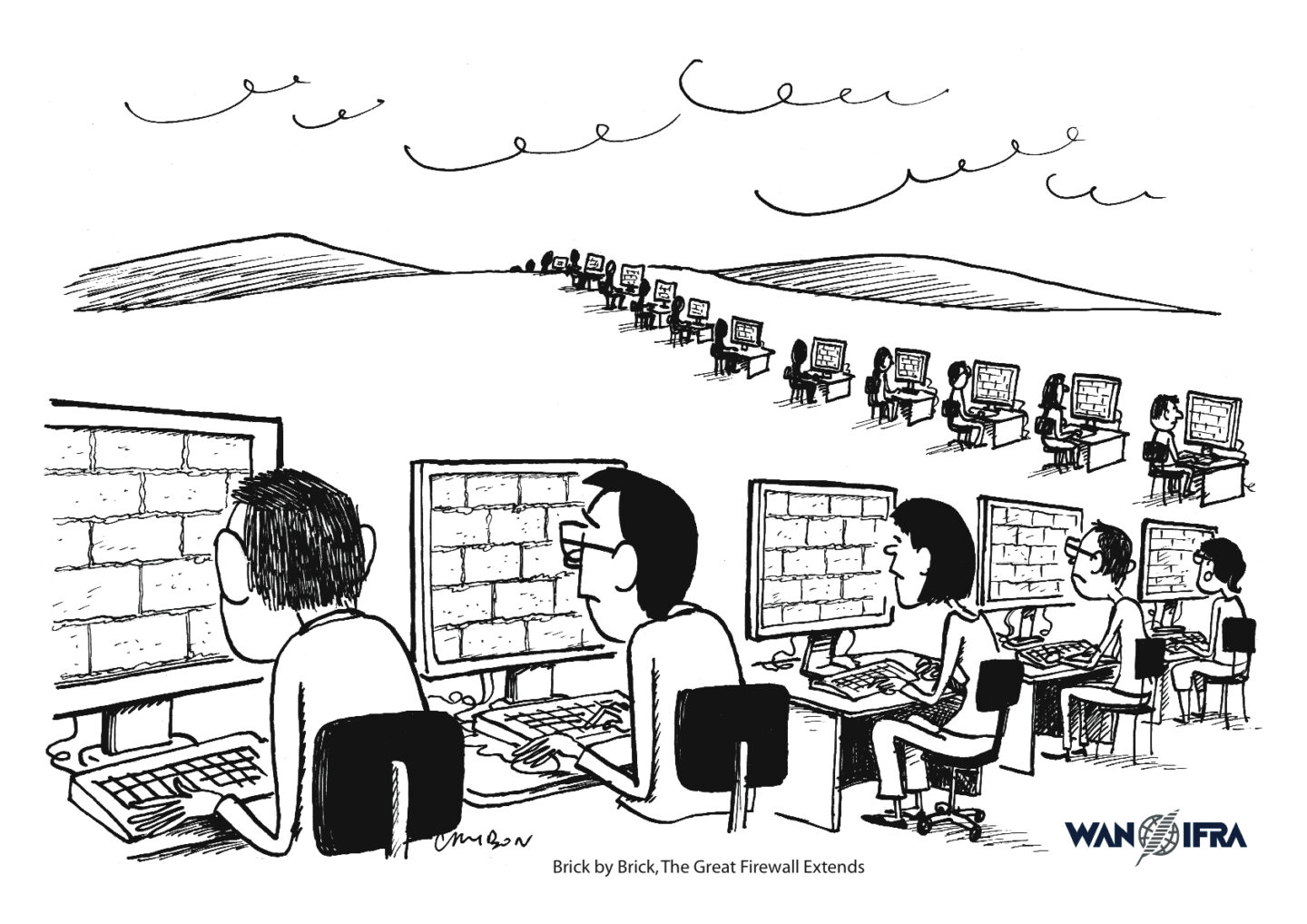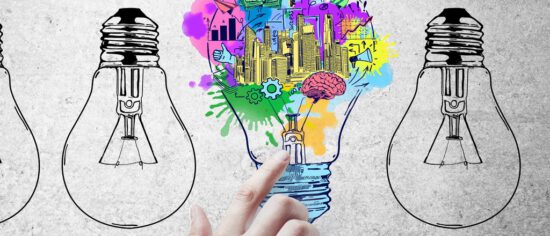
11th June 2015 by Jason Vincent
Literature Censorship in China
I recently attended a talk by Professor Michel Hockx, Director of the SOAS China Institute, titled ‘Inside The Great Firewall: Internet Literature in China'[1]. I didn’t know exactly what to expect, and part of the intrigue was understanding more about China’s online ‘world’, less from a technical perspective, and more from an everyday life one. I probably have a decent understanding of China’s western-facing online commerce, and the many challenges that come with it, but to some extent that was the limit of my knowledge, and it was refreshing to be exposed to something different.
Whilst I haven’t had the opportunity to read his book[2], I did learn a lot about China’s online culture, and perhaps more importantly the state’s approach towards online publishing, by attending this talk. We frequently hear news about state censorship, or large corporations like Google battling with the state over what their ‘expected’ to censor (dating back to their fallout around 2010), but it’s clear that there is an entirely different picture to be painted when you live behind this great firewall.
One of the first things that surprised me was the discovery that China does not operate a ‘rating’ for content – be it websites, published works, or media – to identify who it is suitable for. Their approach is quite simple: content should either be appropriate for everyone, or for no one. This is an amazing shift from what we’re accustomed to in the western world, where as we grow up, we have ‘access’ to increasingly explicit content – be it violence, drugs or even pornography. To imagine living in a society where every piece of content consumed by anyone, is suitable for everyone from a young child, to an adult of any age group, feels like an alien concept! It’s clear that this in its own right presents some substantial challenges for content producers, and some might argue it inhibits their creativity, but the question in my mind was simply what happens to individuals or organisations that do not conform to this approach, and publish content outside of the permitted ‘norms’?
Well, again, the answer was quite surprising. Based on what we hear about state censorship, I would have expected any ‘inappropriate’ websites, or content, to have been simply blocked, banned, and the organisations and/or individuals prosecuted in some way. The reality seems to be quite different. Whilst the state operates a ‘blacklist’ of websites distributing inappropriate content, they don’t really do much to actually stop it, other than naming and shaming them (which arguably increases their profile with consumers). Professor Hockx went on to say that some websites run by people he had personally interviewed, had been at the top of this blacklist for years, with no consequences. This is definitely not what I’d personally expect, and it almost makes it an incentive for companies to continue operating in that manner and thereby augmenting their profile with consumers.
All in all, it introduced me to a perspective on life in China that I’d never been exposed to, or even thought to enquire about!
References:
[1] http://www.youngchinawatchers.com/london-inside-the-great-firewall-internet-literature-in-china-with-michel-hockx-director-of-the-soas-china-institute/
[2] http://cup.columbia.edu/book/internet-literature-in-china/9780231160827
[Photo] http://www.vericant.com/wp-content/uploads/2012/08/The_Great_Firewall.jpeg




